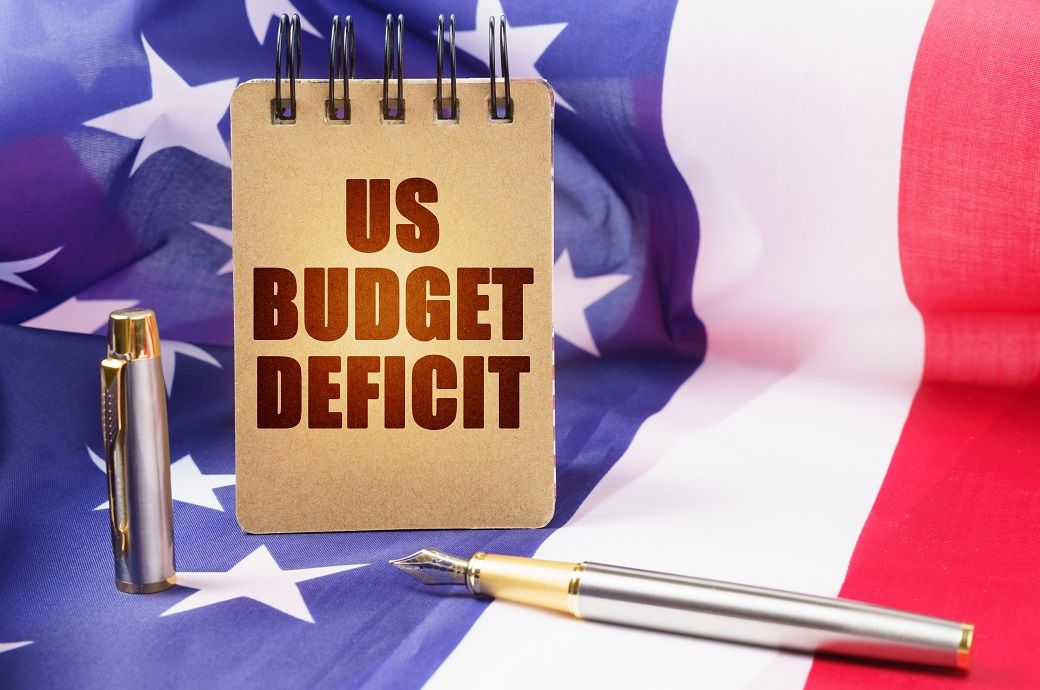
Revenues increased by an estimated $308 billion (or 6 per cent); increases in collections of individual income taxes and customs duties were partially offset by a decline in corporate tax receipts.
Outlays rose by an estimated $301 billion (or 4 per cent). Outlays were higher in several areas, including the largest benefit programmes and net interest on the public debt, which, for the first time, surpassed $1 trillion.
“While the deficit didn’t rise from last year, it didn’t fall either, and we continue to borrow far too much. Our national debt is about the size of the entire US economy and will exceed its highest ever record as a share of the economy—set just after World War II—in short order,” Maya MacGuineas, president of the Committee for a Responsible Federal Budget, said in a statement.
“We are on track to borrow nearly $2 trillion per year for the next decade. How can anyone think this is sustainable?” she said.
Pointing to a ‘pointless and wasteful’ government shutdown, she suggested the government should be reopened without any strings that involve new borrowing attached and the discretionary spending caps that helped control discretionary spending for the past two years should be extended.
She called for making changes to avert trust fund insolvency for both medicare and social security and setting up a fiscal commission to bring deficits down to 3 per cent of gross domestic product (GDP).
“The fact that this seems so far out of reach is part of the tragedy of the failure of governance we are witnessing. If lawmakers don’t overcome their differences enough to do their jobs and face the hard work of budgeting, we will lose our status as a superpower,” she cautioned.
ALCHEMPro News Desk (DS)
Receive daily prices and market insights straight to your inbox. Subscribe to AlchemPro Weekly!